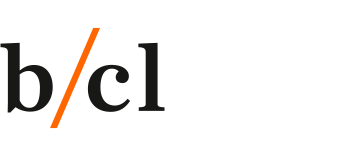Germany: Preliminary injunctions – The infringer has to do more than just stop using
In yet another decision, the German Federal Supreme Court (BGH) has ruled on whether an injunction also obliged an infringer to take active steps to stop the distribution of infringing products through resellers (decision of the BGH of 11 October 2017 on Case I ZB 96/16). The case follows a series of earlier decisions by the BGH interpreting cease and desist orders in a broad way (see for instance BGH of 29 September 2016 in Case I ZB 34/15 – Rescue-Tropfen – and of 19 November 2015 in Case I ZR 109/14 – Hot Sox).
The case concerned trademark infringing parallel importation of medical devices. According to the BGH, the preliminary injunction required the parallel importer at least to request its resellers not to distribute the infringing products for the moment. The prohibition contained in a preliminary injunction obliges the infringer not only to cease and desist from own marketing activities, but also to actively take measures which prevent the redistribution of the infringing products. However, this obligation is limited to what is possible, necessary and reasonable. The preliminary injunction does not have to expressively mention these required actions, and which actions are required may also be decided in enforcement proceedings. The limitations of preliminary injunctions – namely their preliminary character – may be reflected by not demanding a recall, but by merely requiring the infringer to urge its resellers to provisionally refrain from distributing the infringing products.
For the full details of the case, see my publication on the Kluwer Trademark Blog.
